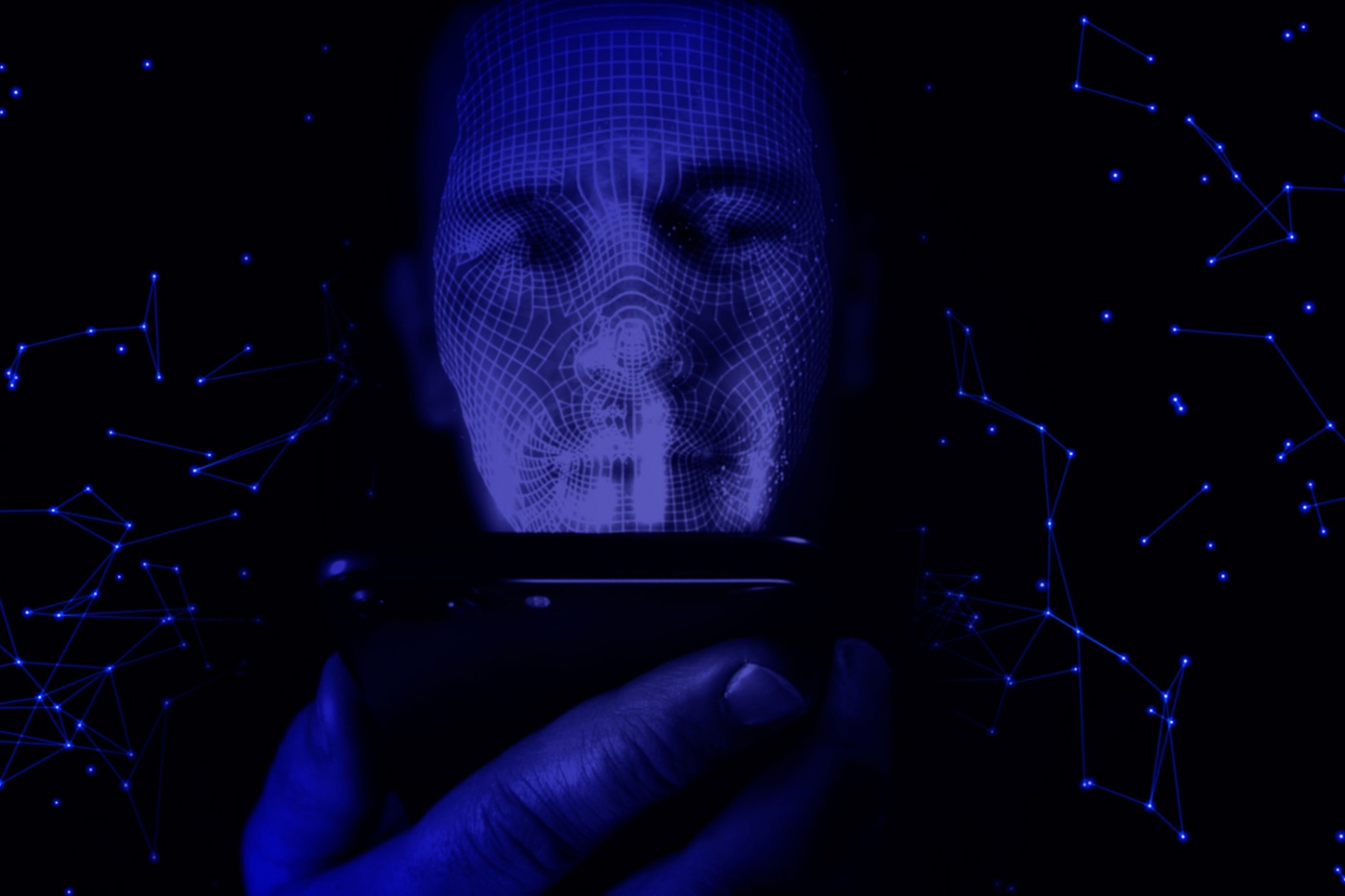FaceApp Fiasco: How Much Do We Care About Our Privacy?
What started out as a viral diversion that allows you to magically age up and look at yourself as an old person—a fun little experiment with rather philosophical undertones—turned into one of the greatest privacy nightmares of the year. If you’ve participated in FaceApp, congratulations, your information now belongs to the Russians. How’s that possible? Simple. You failed to read the fine print.
A mobile app owned by Russian firm Wireless Lab, FaceApp uses artificial intelligence to produce frighteningly accurate images of its users looking a variety of ways. It can shave off a few years, turn a frown into a smile, and digitally alter your gender. Of its many functions, the one that caught everyone’s attention is its uncanny ability to create pictures of its participants 50 years down the line.
It’s almost like looking into an orb, into your own future. Will I age well and retain my level of attractiveness? Or am I just slowly turning into an ogre? Here’s the catch though: To generate a convincing rendering, it has to collect as many images of its users as it can. The more data it receives, the more accurate the final product will be, leading to hilarity of epic proportions. But it’s not exactly all fun and games once you take a closer look.
It actually states verbatim in the terms and conditions, under “User Content”, “You grant FaceApp a perpetual, irrevocable, nonexclusive, royalty-free, worldwide, fully-paid, transferable sub-licensable license to use, reproduce, modify, adapt, publish, translate, create derivative works from, distribute, publicly perform and display your User Content and any name, username or likeness provided in connection with your User Content in all media formats and channels now known or later developed, without compensation to you.”
If that doesn’t strike fear, I don’t know what will. FaceApp, like any viral product, capitalises on the sheep mentality and our FOMO (fear of missing out) that we can’t seem to escape from. Monkey see, monkey do. And of course, once we realise what we’ve (or they’ve) done, we get up in arms about the atrocity of it all, conveniently forgetting that it was our responsibility to do our due diligence. The real question is, haven’t we learnt our lesson?
After countless privacy scandals such as the Cambridge Analytica saga and exposés about being spied on through our smartphone speakers and cameras, why haven’t we renounced social media, and ditched our high-tech devices? Why are we still so willing to surrender our personal data for something as useless and vapid as a face transformation app? Outraged at the privacy and security issues of Facebook, we head to the platform itself to air our grievances, and then go back to shooting selfie after selfie for our online profile.
Perhaps we don’t really care that much about our privacy at all. We want our 15 minutes of fame. We want to be seen. Yet, we know that even if someone was eavesdropping on our private conversations, it wouldn’t offer much value anyway. It’s not like you’re the prime minister of the country. No one cares about what you had for lunch or where you’re headed off to at 3pm on a Tuesday. You’re probably not even worth stalking.
The real tragedy is that the majority of us fail to see how misleading this perspective is. Let’s put aside the issue of having your privacy breached by an individual looking to take advantage of you. The larger conundrum, albeit less immediate and apparent, involves much bigger agencies with a lot more power and influence.
It’s true that stand-alone bits of personal data aren’t worth much to these organisations. But having massive collections of contextual data is a different issue. In the wrong hands, they can do a lot more damage—not necessarily to you as an individual, but to a whole country or even the entire population of the globe. The best part is, they can’t be criminalised because you’d willingly signed your information over already.
Still, it’s difficult to maintain this level of vigilance when the effects of it take a while to kick in. We are living in the era of instant gratification, stuck in a perpetual loop of hypocrisy. So don’t be surprised if the guy next to you is still playing with FaceApp, despite knowing his pictures are no longer his. It’s just part of human nature.


